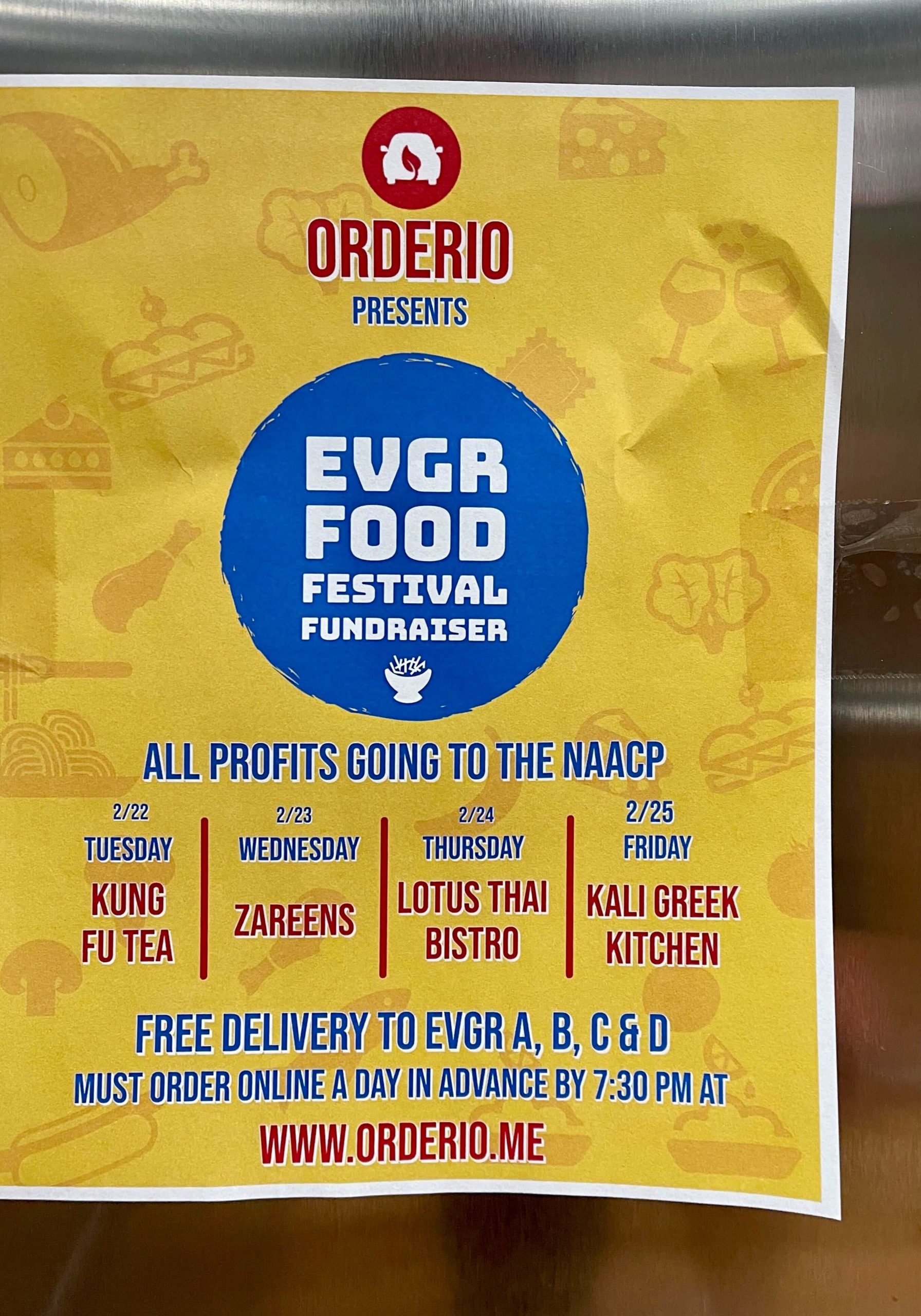When Harshal Agrawal ’23 was a frosh in Roble Hall, he noticed a problem in his dorm community: food delivery costs were too expensive. Coordinating with friends could be even more difficult. His dorm’s mailing list was constantly filled with people asking to share rides to San Francisco International Airport to save money, but the overflow of requests made planning shared rides difficult.
“This process of people pooling their orders is so inefficient,” Agrawal said. “So how do we fix it?”
Agrawal launched his startup Orderio on Feb. 14, hoping to answer the question for good. Orderio’s website, programmed and coded completely by Agrawal, allows users to post their orders and indicate what food delivery or ridesharing service they are using. The contact information of the person ordering is also provided, allowing fellow users to reach out if they want to join the order and split costs. Users must be verified via their Stanford email addresses to use the site.
Though Agrawal first conceived the idea during his frosh year, development has ramped up during the past two months. After experimenting with various prototypes and iterations of the idea, Agrawal has invested all of his recent time into programming, coding and launching the startup.
One other important step in Agrawal’s process was meeting Rich Shane — who would become his mentor and advisor — by chance during a flight last July.
Shane, an entrepreneur and current CEO of Rocket Fizz Soda Pop and Candy Shop, has worked extensively as both a founder of and investor in startups. He was excited by the potential of Orderio and the network effects the app could create. The more people involved in Orderio, Shane explained, the more valuable the network will be, a quality that companies like Facebook have.
“It’s a really terrific idea,” he said, “so I just got excited about it and wanted to help.”
Sasha Kozlov ’24, a participant in trial runs of Orderio, shared her enthusiasm about the product’s launch.
“It’s going to be great for our community and our campus, just considering the dorms and the close proximity we all live to each other,” Kozlov said. “I think it’s a great way to save money and help the environment.”
Agrawal also touched on the ease of pooling orders in living situations where people are all sharing the same address or living in proximity to one another. In the future, Agrawal sees the idea being applied outside of Stanford’s campus, in living spaces like other dorms, hotels or apartment complexes.
“The world is heading in a direction where users value their time and users want goods delivered to them rapidly — for things like food, groceries or even medicine,” Agrawal said. “The question now becomes, ‘How do we make it cheaper to do that, and more green and eco-friendly?’”
